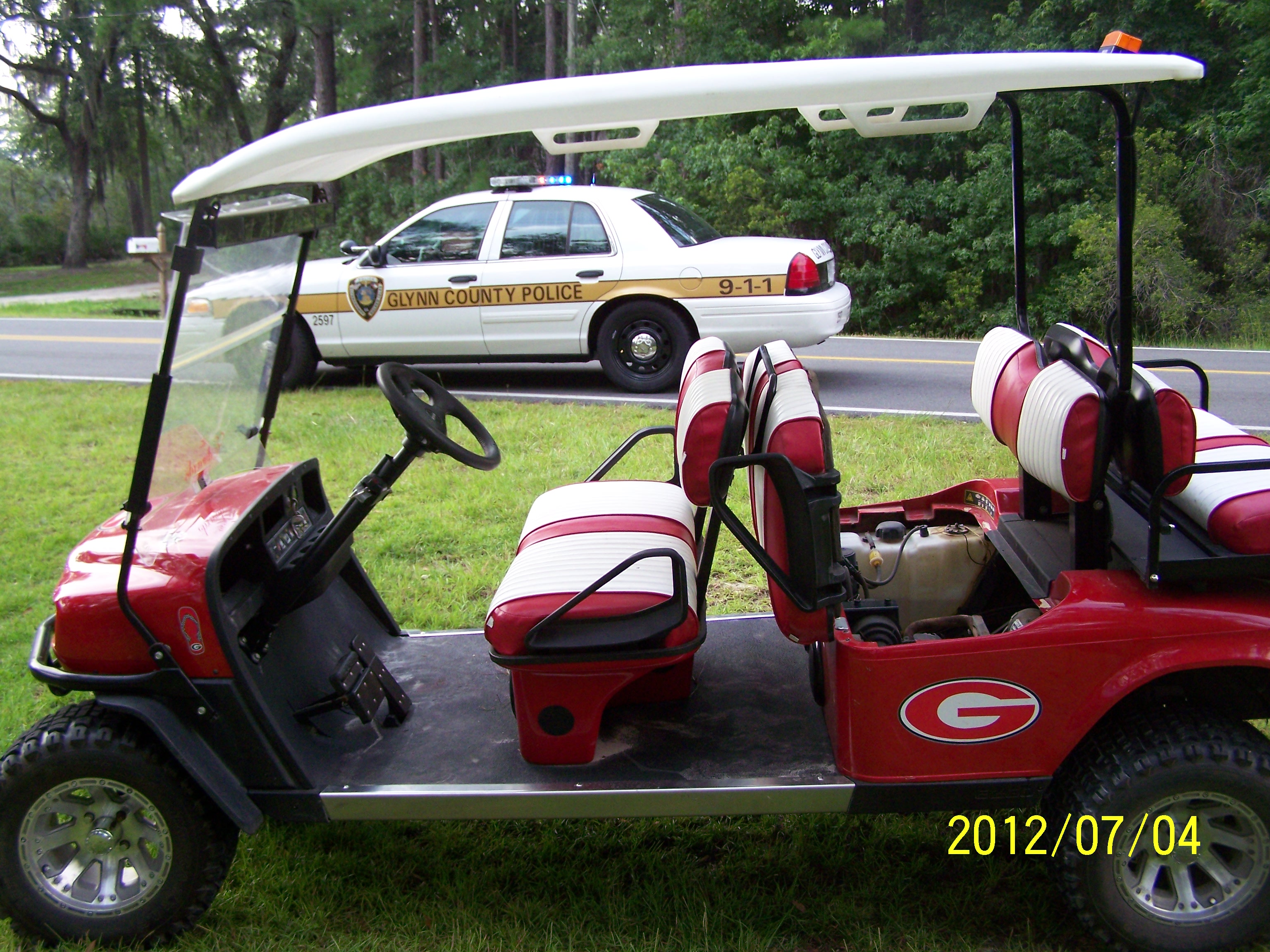In Georgia, if a drunk driver causes a car crash, the injured party can sue a drunk driver and recover additional damages known as punitive damages. What are punitive damages? We have written about punitive damages before. These are damages unrelated to the party’s injuries, but, rather, are to punish, penalize, and deter bad conduct. In theory, even if your injuries are minor, you could get a large punitive damages award. Punitive damages are a warning to the drunk defendant and the public that drunk driving is not tolerated. In other words, because drunk driving is a dangerous and preventable act, punitive damages mean you will pay a high price if you are caught driving drunk.
Georgia recently clarified the law regarding punitive damages:
“At about 5:00 p.m. on September 1, 2016, Lakenin Morris was driving his older cousin Keith Stroud’s car when he collided with a car driven by 18-year-old Alonzo Reid, sending Reid to the hospital. Morris had been drinking with Stroud, and Stroud asked Morris to drive his car and gave him the keys even though Morris was obviously drunk and Stroud knew that Morris was drunk, did not have a valid driver’s license, and had a habit of recklessness. Morris later pled guilty to driving under the influence (DUI).” Reid v. Morris et al., S20A0107 (June 29, 2020).
In Reid v. Morris, the issue was whether the injured party could sue a drunk passenger for punitive damages. The passenger argued that since he was not driving the vehicle, punitive damages do not apply. The Georgia Supreme Court disagreed. Although Georgia law seems to suggest that punitive damages apply only to “active” wrongdoers such as a driver, the Supreme Court found this interpretation too narrow. Rather, the Court ruled the important question is whether the intoxication caused the collision. Here, the drunk passenger asked his drunk friend to drive his vehicle. Asking a drunk friend to drive your car is negligent and therefore ultimately caused the collision.
If you need to sue a drunk driver, call us at 404-382-9994 to represent you. We have experience getting damages not only for your pain and suffering but also for punitive damages.





